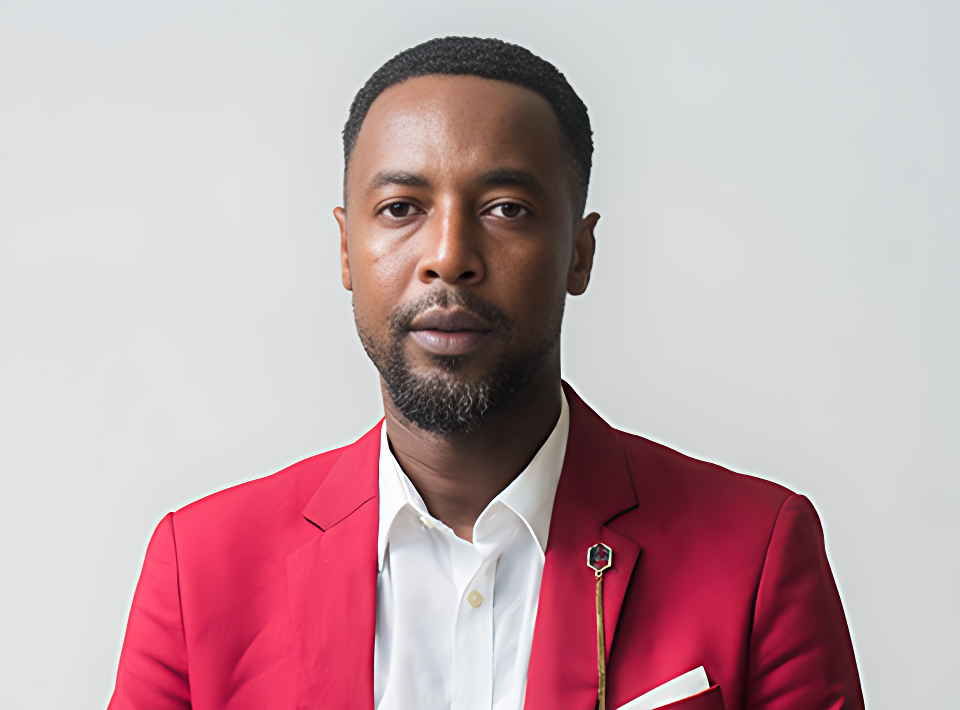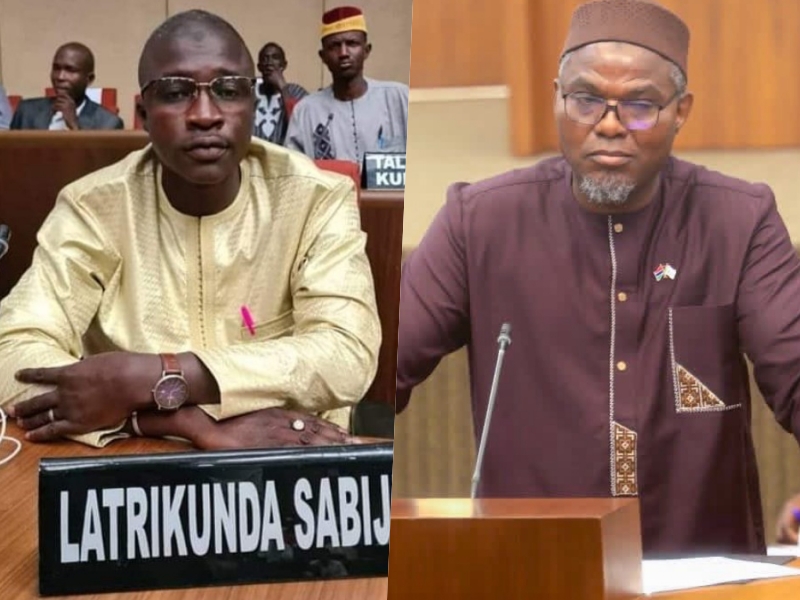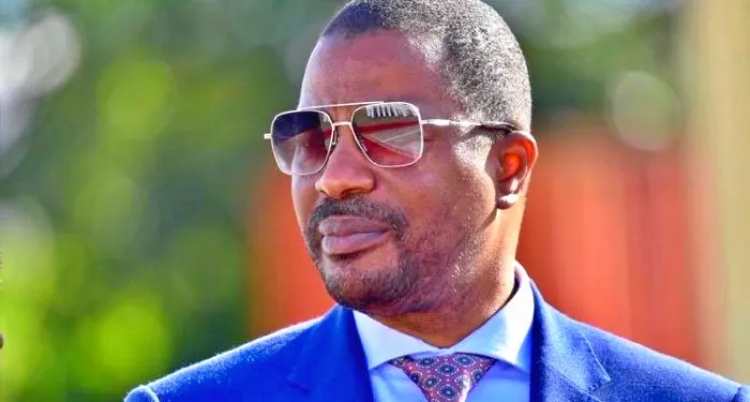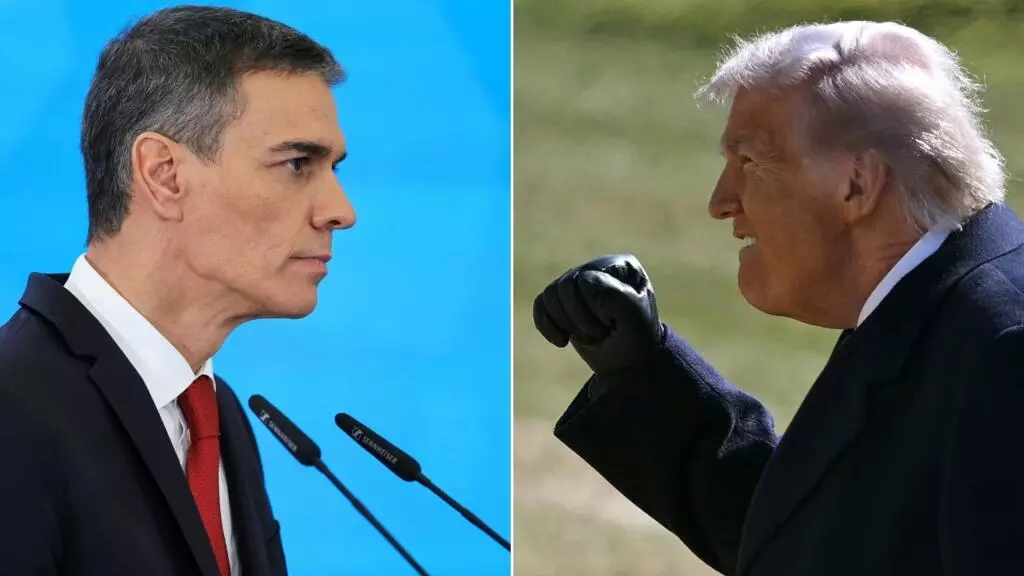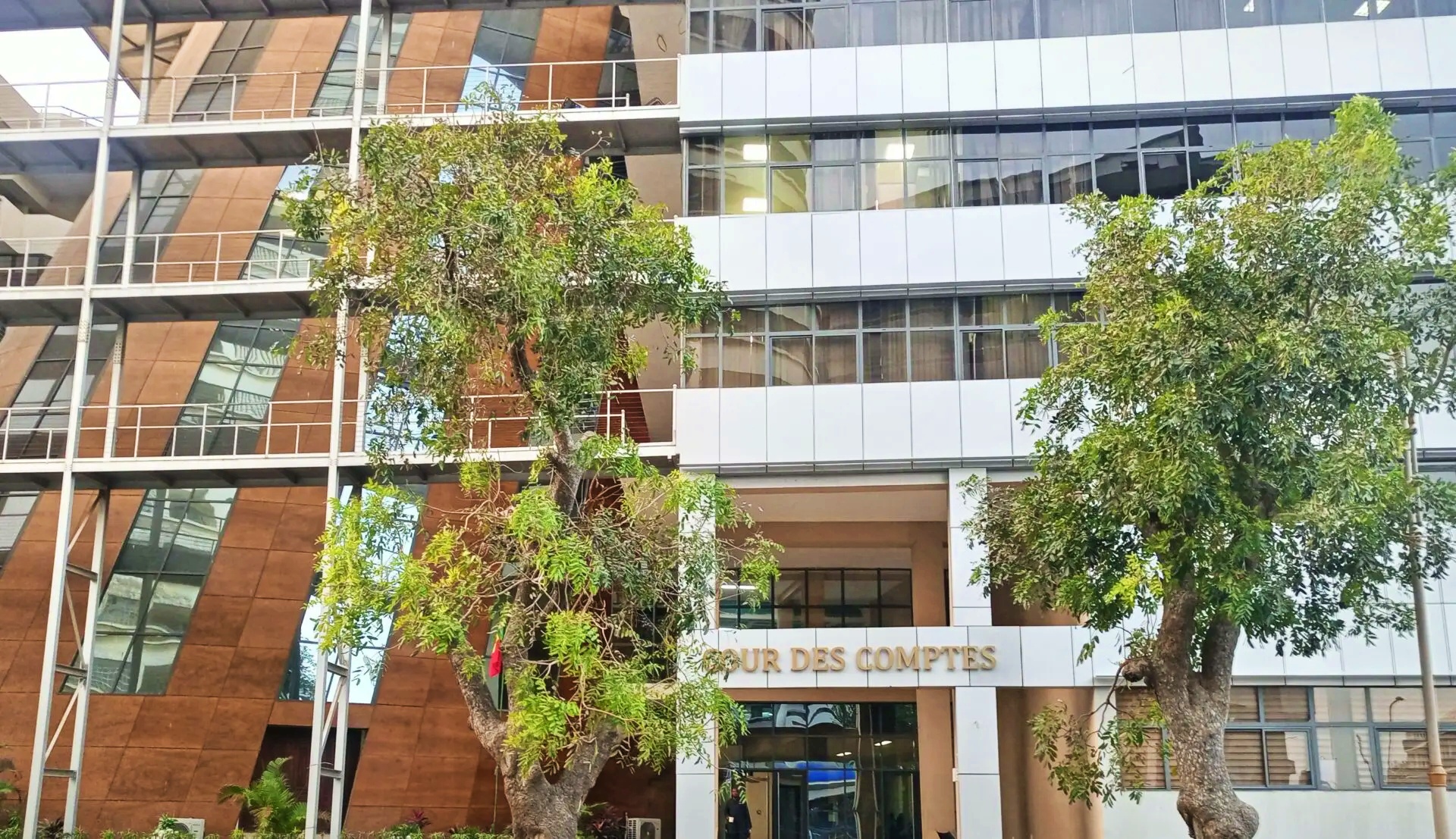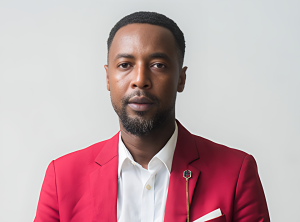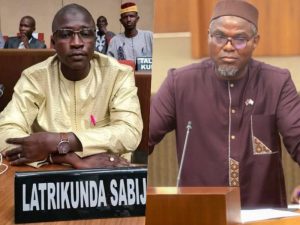Gambiaj.com – (Dakar, Senegal) – After a period of lull, the credibility of Senegal’s Court of Auditors could come under intense scrutiny following revelations of internal dissent over the February high-profile audit report that has sent shockwaves through the country’s political establishment.
According to confidential documents reviewed by Jeune Afrique, top members of the Court of Auditors raised serious objections to the final version of the audit report on public finances, which was officially released on February 12.
The report, which alleged widespread corruption and financial mismanagement under former President Macky Sall, has been at the center of fierce debate between the current government and its predecessor.
Mamadou Thiao, president of the Chamber of Administrative Affairs within the Court of Auditors, sounded the alarm as early as December 23, 2024.
In a public note seen by Jeune Afrique, Thiao criticized the “exhaustiveness, accuracy, and relevance” of the report’s content, arguing that lax methodology could undermine its conclusions. His concerns were echoed by Mamadou Faye, the Court’s first president, who also expressed doubts about the auditors’ procedures in a separate note from the same period.
“The Chamber was asked to start its work by verifying the reliability of the data contained in the audit report produced by the government. It was not done,” wrote Faye.
He added that the auditors failed to determine whether there was a budget surplus for 2022 and 2023 — a central issue in the government’s accusations against the former regime.
These concerns raise troubling questions about the independence and integrity of the audit process, especially given the politically charged context in which it unfolded.
On September 26, 2024, Prime Minister Ousmane Sonko and Economy Minister Abdourahmane Sarr unveiled the preliminary audit findings during a dramatic press conference, accusing former President Sall’s administration of data manipulation and “generalized corruption.”
The announcement was part of a larger campaign launched after President Bassirou Diomaye Faye’s inauguration to investigate alleged financial irregularities committed by the previous government.
To bolster its claims, the Faye administration had tasked the Court of Auditors with conducting an independent review under the 2012 Public Finance Transparency Code.
However, Jeune Afrique reveals that the Chamber of Budget and Financial Affairs (CABF), which led the audit, may have overstepped its legal mandate. Under Senegalese law, the CABF is responsible for assessing the quality of audits — not conducting direct audits of public finances themselves.
Even more significantly, the final February 12 report did not bear the signature of Mamadou Faye, the Court’s top official, casting further doubt on its institutional legitimacy.
Whether the critical remarks by both Faye and Thiao were taken into account before the report’s publication remains unclear.
The fallout from the audit report has not been confined to Senegalese politics. The former ruling party, the Alliance for the Republic (APR), has taken the unprecedented step of submitting a counter-report to International Monetary Fund (IMF) Managing Director Kristalina Georgieva.
The APR’s move appears aimed at undermining the government’s case in the eyes of international financial institutions.
That strategy, however, has drawn sharp rebukes from experts. Ngouda Fall Kane, former head of Senegal’s Financial Intelligence Unit (CENTIF), dismissed the APR’s intervention as inappropriate.
“The IMF is linked to states, not to political parties,” Kane told L’Observateur. “The IMF can commission an independent audit to verify the accuracy of data provided by the state, but not based on a report from a political party.”
Kane warned that the APR’s approach could set a troubling precedent, blurring the lines between partisan politics and institutional accountability.
As Senegal navigates a delicate political transition and seeks to maintain the confidence of international donors, the credibility of its public institutions — especially the Court of Auditors — is now squarely in the spotlight. The unanswered questions surrounding the February 12 report could have lasting implications for both governance and international trust in Senegal’s financial oversight systems.
Whether the government will respond to the revelations or initiate reforms within the audit institution remains to be seen.



